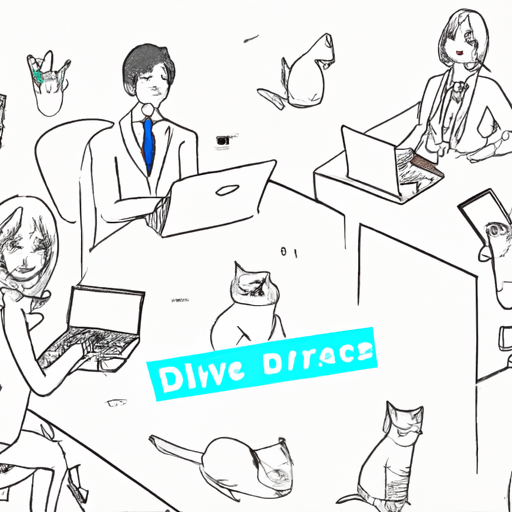
Creating a Resume for Sustainable Agriculture and Food Systems
Introduction:
As the demand for sustainable agriculture and food systems continues to grow, individuals looking to work in this field must ensure that their resumes effectively showcase their skills and experiences in this specific area. A well-crafted resume can help individuals stand out from the competition and increase their chances of securing a job in the sustainable agriculture and food systems sector. In this blog, we will discuss some frequently asked questions about creating a resume for sustainable agriculture and food systems and provide some tips to help individuals create a strong resume that highlights their qualifications and passion for this field.
Frequently Asked Questions (FAQs):
1. What are the key components of a resume for sustainable agriculture and food systems?
– Contact information
– Objective or summary statement
– Relevant skills
– Education and certifications
– Work experience
– Volunteer or internship experience in sustainable agriculture or food systems
– Relevant projects or research
2. How do I tailor my resume to the sustainable agriculture and food systems industry?
– Highlight relevant coursework, research, or projects related to sustainable agriculture and food systems.
– Include specific skills such as organic farming, permaculture, or sustainable supply chain management.
– Emphasize any experience or knowledge related to sustainable farming practices, food waste reduction, or urban agriculture.
3. Should I include a cover letter with my resume for sustainable agriculture and food systems positions?
– Yes, a cover letter is a great opportunity to expand on your qualifications, express your passion for sustainable agriculture, and address any specific requirements mentioned in the job description.
4. What additional sections can I add to my resume to strengthen my application?
– Professional affiliations or memberships in sustainable agriculture or food systems organizations.
– Publications or presentations related to the field.
– Awards or recognition for work in sustainable agriculture or food systems.
5. How important is it to include specific keywords in my resume?
– Keywords related to sustainable agriculture and food systems can help your resume pass through applicant tracking systems (ATS) and catch the attention of hiring managers. It is important to include relevant terminology and industry-specific terms.
6. Can I include non-agricultural experience on my resume?
– Yes, especially if it demonstrates transferable skills such as project management, data analysis, or communication. Be sure to showcase how your previous experience is relevant to the position you are applying for.
7. What format should I use for my resume?
– A chronological or combination resume format is generally preferred for most positions in sustainable agriculture and food systems. However, if you are transitioning from a different field, a functional resume format may be more appropriate to highlight relevant skills rather than focusing on work experience.
8. Should I include references on my resume?
– It is not necessary to include references on your resume; instead, you can provide them upon request during the interview process.
9. How can I make my resume visually appealing?
– Use a clean, professional layout with appropriate fonts and headings.
– Incorporate bullet points to make information more readable.
– Use consistent formatting throughout the document and leave enough white space for easy skimming.
10. Should I update my resume regularly?
– Yes, it is important to update your resume regularly to reflect any new experiences, skills, or certifications you have gained. Additionally, tailor your resume for each job application to ensure it is tailored to the specific requirements of the position.
Conclusion:
Creating a resume for sustainable agriculture and food systems involves highlighting specific skills, experiences, and knowledge related to this industry. By tailoring your resume to the needs of the sustainable agriculture and food systems sector, you can increase your chances of landing a job in this field. Remember to showcase your passion for sustainability and emphasize relevant coursework, research, or volunteer experiences. A well-crafted resume is an essential tool for conveying your qualifications and standing out from the competition in the sustainable agriculture and food systems industry.




